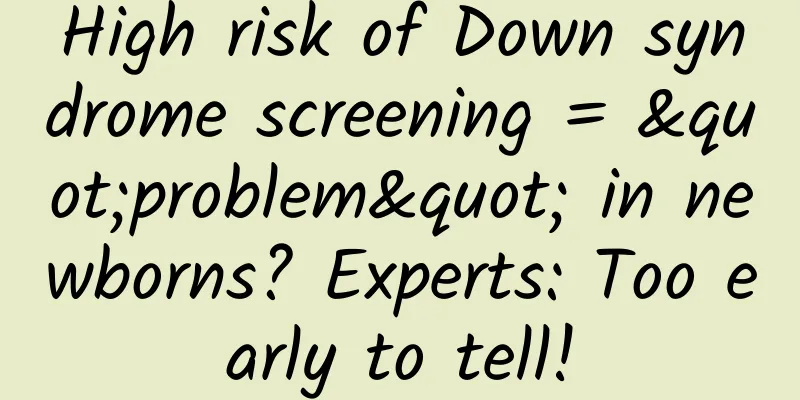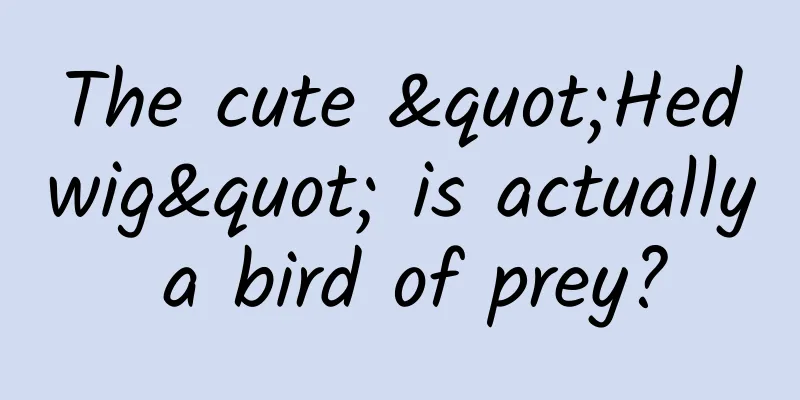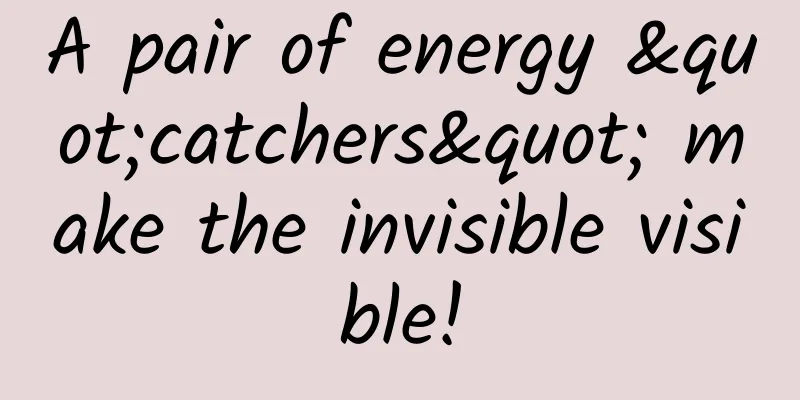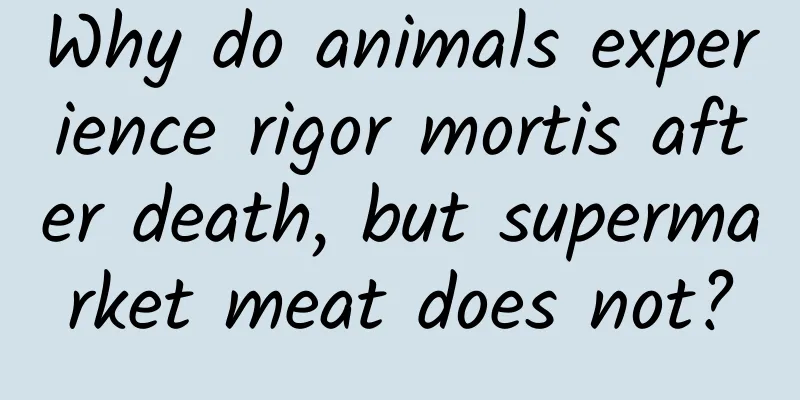The dwarf killer: the African pygmy falcon
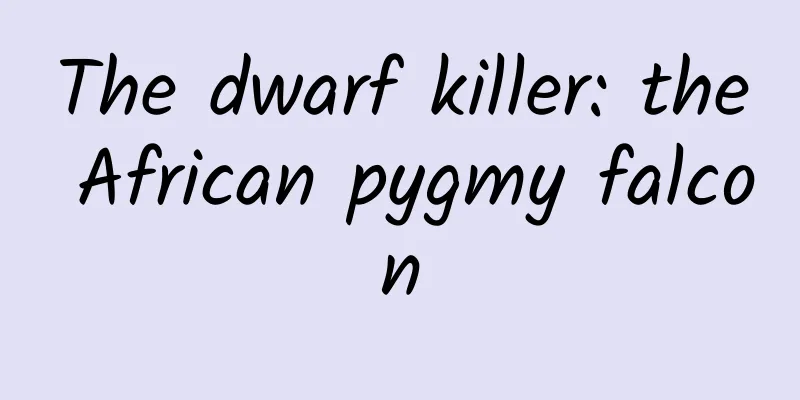
|
When we talk about birds of prey, we will definitely think of eagles, vultures, and eagles. Regardless of whether they are good at flying or running on the ground, most of them have one characteristic, that is, they are big and fierce, and they look like they are not easy to mess with. But there are always exceptions to everything. For example, the "traitor" in the world of birds of prey, such as the owl, has big eyes and a round face, which makes people never imagine that it is a cold-blooded killer. If I hadn't told you that the African pygmy falcon I'm going to introduce below is a bird of prey, no one would have known it. It's a palm-sized ball of fur, with a round head and fluffy feathers that must feel nice to the touch. Is this seemingly harmless "chicken" really a bird of prey? Believe it or not, it is the smallest raptor in Africa, as you can tell from the word "dwarf" in its name. This bird is usually only 20 centimeters tall. What does this mean? Take out your phone and take a look. They are only slightly larger than your phone. Even with their wings fully spread, their wingspan is only 37 centimeters. You should know that the eagle we mentioned at the beginning has an average wingspan of about 2 meters. However, the criterion for judging birds of prey is not size. Almost all birds in the raptor family are fierce, good at flying, and have strong claws and sharp beaks. Although its beak is only so small, its hard lower hook can easily break the neck of its prey. And the African pygmy falcon flies very fast and can subdue its prey by hitting it in the air, so other birds are on its menu. Therefore, they are at the top of the food chain. So they deserve the title of raptor! The African pygmy falcon is a unique animal in Africa. It is widely distributed in the wilderness of Africa and often lives in deserts and semi-deserts with sparse vegetation. Because they have the same habit as other raptors, that is, they like to patrol prey at high places, and places with few trees are more conducive to their hunting. So those dense trees are of no interest to them, and they can't see anything. Instead, they sit on the top of the dead tree every day, enjoying the scenery and looking for something to catch. It is said that the higher you stand, the farther you can see. The African pygmy falcon can see far because of its excellent eyesight. When it is in the tree canopy, it can scan all the potential prey around it. When it encounters a suitable food, it will dive towards the prey. Because they are small and fast, they can get to their prey as fast as a bullet and snatch it away with their claws or beaks. At this time, they will swing their heads and tails violently, tearing the prey apart in a short time. His movements were smooth and he was ruthless. In fact, if you ignore his appearance, this dwarf is indeed a tough guy. After he lost his natural enemies in his territory, he became the "landlord". I don't know whether it's because they are lazy or because they are aware of their "power", but the African pygmy falcon does not build its own nest, but lives in a place that it occupies by force. The so-called bird at the top of the food chain never has to worry about accommodation. But generally speaking, African pygmy falcons in the southwest are relatively "conscientious" because the southwest is also the habitat of small birds such as weaver sparrows. For them, the environment here is full of dangers and predators. A flock of weaver sparrows is nesting, but these predators are not a threat to the African pygmy falcon. Therefore, the African pygmy falcon sometimes acts as a bodyguard for small birds, helping them drive away invaders so that they can build nests and hatch their young in a safe environment. Your house is great, but it will be mine in the next second. But the price is to collect "protection fees". The house you built has to be lived in by these landlords. But this is also a win-win situation. But the African pygmy falcon in the northeast is different. The birds there are relatively strong and do not need protection, so there is no such thing as "protection fees". But what should they do when they need a house? They can only rob private houses. They find a temporarily unoccupied bird nest and move in with their family, and consider it their own house. Sometimes when they see someone else's nest that they like and want to move in, and there are birds in the house, they will fight with the owner, and whoever wins gets to live in. And these dwarfs often win. What are you looking at? More than a quarter of the bird nests in the entire northeast are occupied by them. If they really can't grab a nest, they will also live in the original tree holes, anyway, they are too lazy to do it themselves. Although these little guys are on the endangered species protection list, they are listed as the species with the least concern because they only live in harsh places and have no interaction with humans. |
Recommend
The GDP in 2019 was 99,086.5 billion yuan! How much has the total value increased? What is the ranking? Attached with the latest data
China's GDP in 2019 has always been the focus...
Real or Fake Monkey King? Sorry, I am actually a little orchid~
Auditing expert: Yang Yanhui, Senior Garden Engin...
What are the 25 most popular money-making projects in 2020 and the side jobs suitable for office workers?
2020 is about to pass, and I originally wanted to...
Original touch transmission: TCL Momoda
Many people are curious about the name of the phon...
You have these bad habits, no wonder you can't resist aging! See how many of them you have
Is there any kind Faster than Su Bingtian? some F...
up to date! Traffic rankings of 33 information flow platforms, a must-read for advertising!
Do you want to know how the major information flo...
Among the three major Japanese car companies, why was Nissan the first to transform, rather than Honda or Toyota?
As the global automotive industry faces unprecede...
How to make YouTube video promotion content more attractive?
Video marketing will be the main arena of the adv...
Rise of the Tomb Raider review: Lara Croft's best adventure yet
I am a half-Tomb Raider fan. I remember when I wa...
HuafangzixMuduojia|Art Community Issue 6
HuafangzixMuduojia|Art Community Sixth Issue Reso...
Giving Up Syndrome and Beyond: The Weird Case of Mind-Body Problems
Leviathan Press: I was chatting with my mother a ...
"Lifestyle diseases" have become the number one killer of health! The secret to prevention is just these 6 words
In 1974, Canadian scholars attributed death and d...
How did people prevent earthquakes and provide disaster relief in ancient society?
A brief discussion on the strategies of ancient p...
Why are there two ways to define "new user"?
There are two ways to define " new users &qu...
French students design radiation-proof underwear to prevent smartphones from killing sperm
Mobile phones emit radio waves, and whether the u...





